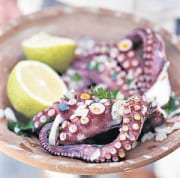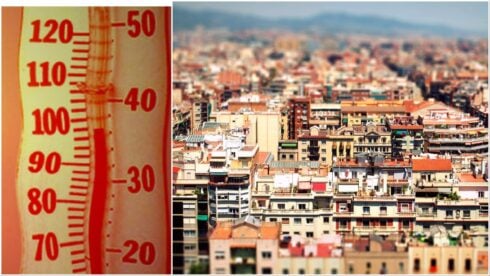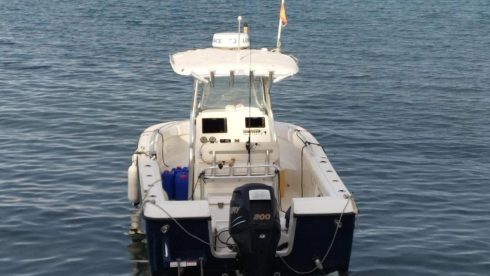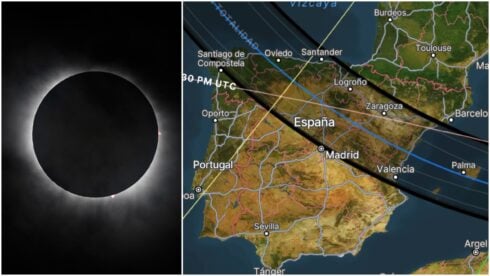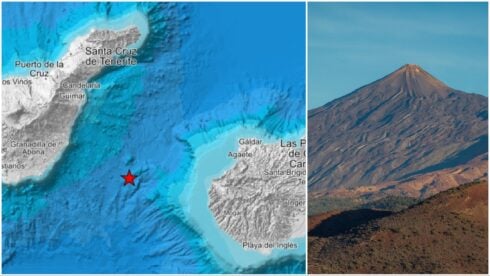THE company responsible for controversial plans to build the world’s first octopus farm has launched a staunch defence after a public outcry.
Ignacio Gonzalez, the CEO of Nueva Pescanova, which is proposing to set the farm up in the Canary Islands, claimed that the method is the ‘future of the oceans.’
Documents suggest the proposals would employ intensive farming of octopuses, a species that has never been farmed on a large scale before.
This has raised serious concerns among experts who believe that octopuses may suffer in captivity.
In particular the solitary creatures would be crammed into tanks and would be slaughtered by being plunged into freezing water.
But Gonzalez defended the plans in terms of sustainability and the harm done to the oceans by overfishing.
“We are firmly convinced that aquaculture is the future of the oceans, and that to relieve tension from wild fishing, what you have to do is learn more every day to make species in aquaculture,” said González when questioned on the matter.
He was speaking alongside Lila Karbassi, the environment officer of the UN global compact, at the Galician Forum for Global Sustainability of Seafood Products, where Nueva Pescanova was one of the sponsors.
“When one does aquaculture in a sustainable way in terms of food, slaughter, animal welfare, during the growth process, it does not have to be a bad thing, quite the opposite in fact.”
Aquaculture is the farming of aquatic organisms such as fish, crustaceans, molluscs, and aquatic plants in controlled or semi-controlled environments such as ponds, tanks, or cages.
Gonzalez also struck a defiant note, adding that the octopus farm plans had a lot of ‘real scientific backing’.
“The project is going ahead and the Canarian Government has also given us its full support from the beginning”, he concluded.
He then invited anyone who wants to visit the facilities that the Galician multinational has in O Grove (Pontevedra) for octopus farming.
But animal rights groups are not convinced and have called on the government of the Canary Islands to halt the project, citing ethical and environmental concerns.
“Scientifically it has been proven that they are animals that feel like other animals, but they are also particularly intelligent and sensitive,” said Yolanda Morales, spokesperson for the Pacma animalist party.
“We still don’t know how many octopuses can be in a single tank. The water temperatures will drop until they freeze to death. They will suffer very intense pain,” Morales added.
The Ministry of Ecological Transition has confirmed that the environmental assessment process is still underway, but a final decision has not yet been made.
READ MORE:
- Man chokes to death on octopus snack at tapas bar in Spain’s Murcia region
- Canary Islands octopus farm sparks criticism among scientists
- ANALYSIS: Octopus farms raise huge animal welfare concerns – and they’re unsustainable too
- Activists battle to stop ‘cruelty’ of world’s first octopus farm in Spain’s Canary Islands
Click here to read more Spain News from The Olive Press.

